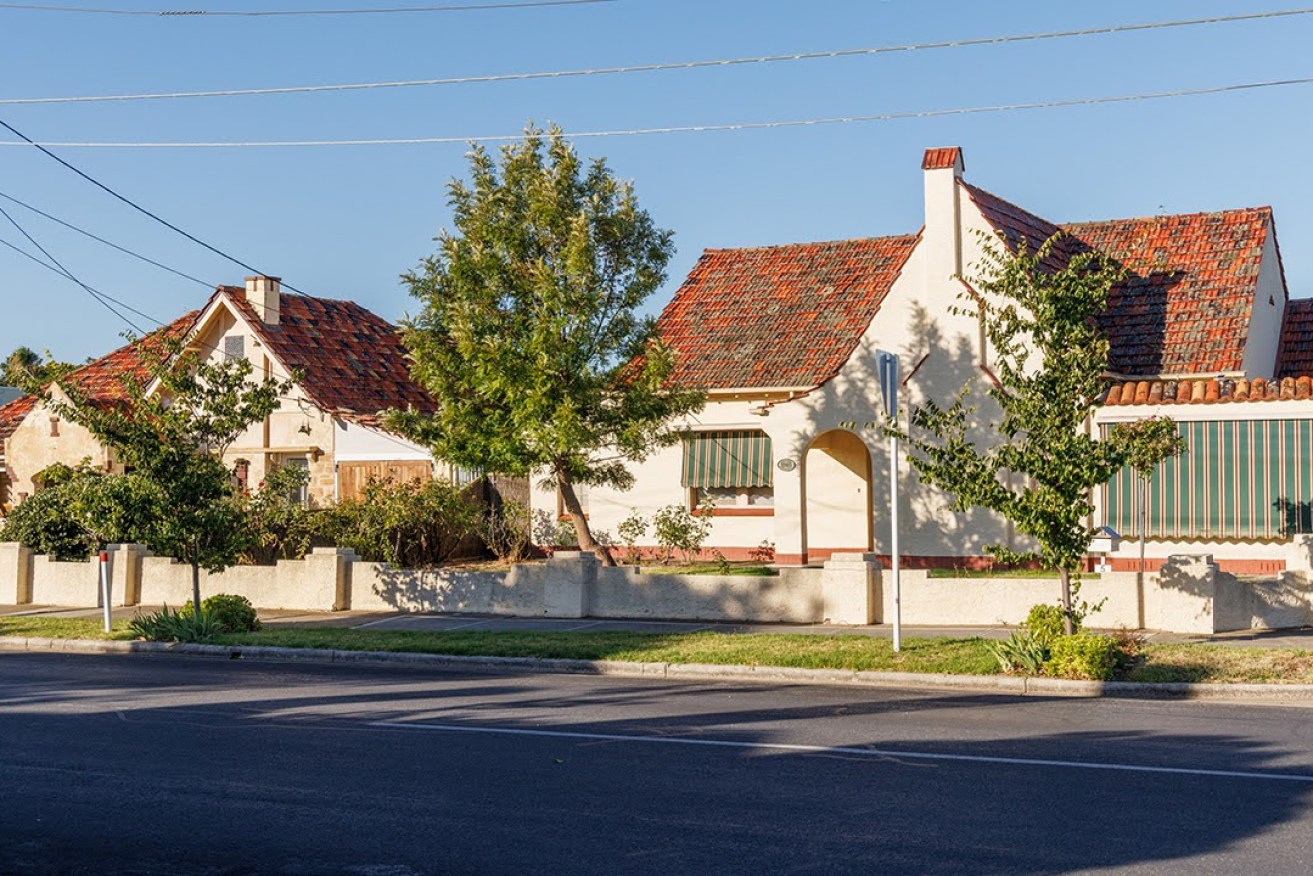Top 10 Adelaide electorates where rental crisis hits hardest
Ten metropolitan Adelaide electorates have been branded rental affordability “blackspots” where the most households struggle to pay rent, prompting calls for local MPs to take action to address the state’s rental affordability crisis.

Photo: InDaily
An analysis by the South Australian Council of Social Service (SACOSS), released this morning, shows renters in the state electorates of Adelaide, Elizabeth, Cheltenham, Hartley, Enfield, Ramsay, Kaurna, Elder, West Torrens and Dunstan are most likely to face rental affordability issues.
The list of rental affordability “blackspots” was formed by analysing the number of renters in each electorate – including the number of low-income renters and those spending more than 30 per cent of their income on rent – as well as the median rent in each electorate, and increases in rent between the last two censuses.
Adelaide and Elizabeth, represented by Labor MPs Lucy Hood and Lee Odenwalder, were found to be most impacted by rental affordability challenges.
SACOSS noted that Enfield – represented by Minister for Consumer and Business Affairs Andrea Michaels, who is responsible for the government’s proposed reforms to the Residential Tenancies Act – was ranked fifth on the list.

The top ten electorates where rental affordability issues impact most. Table: SACOSS
“The representatives of these 10 electorates include five current ministers, the government whip, and a former premier and former minister now in opposition, so there is opportunity for significant voices in parliament on issues of rental affordability,” the SACOSS report states.
“It is hoped that the MPs representing these electorates should be champions for the interests of low-income renters.”
The analysis found that renters in the electorates of Adelaide, Badcoe, West Torrens, Enfield and Elder were more likely to have relatively higher average incomes.
The reverse was found for the electorates of Elizabeth, Ramsay, Taylor, Cheltenham and Kaurna, where low-income renters make up a relatively higher proportion of total renters.
Dunstan, Florey and Hartley were found to have a high proportion of renters, but below-average numbers of low-income renters, while Port Adelaide, Playford and Reynell had a higher-than-average proportion of low-income renters, but not of renters overall.

“There is a lot of data around that shows that we are in a rental affordability crisis. This report seeks to add a policy focus and make a call to specific parliamentarians to act to fix the problems,” SACOSS CEO Ross Womersley said.
“The government must use its review of the Residential Tenancies Act to increase renters’ security of tenure and rule out exorbitant rent increases by putting a cap on rental price increases.”
The report found that the average rent for a two-bedroom unit in metropolitan Adelaide increased from $350 a week in December 2021, to $400 a week in December 2022.
The average rent for a three-bedroom house increased from $420 a week to $480 a week over the same period.
A single JobSeeker recipient was found to spend 82 per cent of their total income on a two-bedroom unit in the December 2022 quarter, while a single aged pensioner was found to spend 58 per cent of their total income.
“While the CPI for rent prices in Adelaide (including public housing) increased by 4.9 per cent in the last year, the average increase in median rents for new private tenancies across the metropolitan area has gone up by 14.3 per cent,” the report states.
“These increases will flow through to the rest of the market and suggest that the rental affordability crisis will remain for some time.”
The release of the report comes ahead of a rally planned outside Parliament House on Sunday calling on the state government to “fix to housing emergency”.
“We need the Malinauskas government to show courage and leadership, including by halting skyrocketing rent rises”, Anti-Poverty Network SA spokesperson, Duncan Bainbridge, said ahead of the event.
The state government introduced legislation to parliament last month proposing reforms to the Residential Tenancies Act, following a review of the law which began in November.
The legislation proposes to outlaw landlords from encouraging tenants to offer above the advertised price to secure a rental property, known as rent bidding, with punishments of up to $20,000 for non-compliance.
It also proposes to ban landlords from offering properties with a rental price range or putting them up for a “rent auction”.
However, it will not prevent tenants from putting in an unsolicited offer above the asking price.




